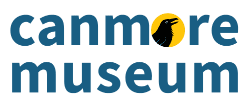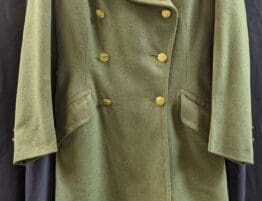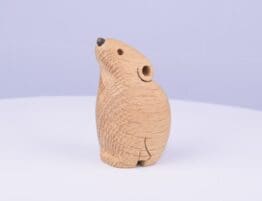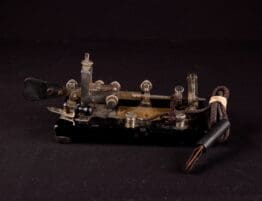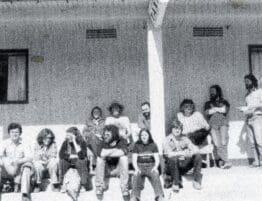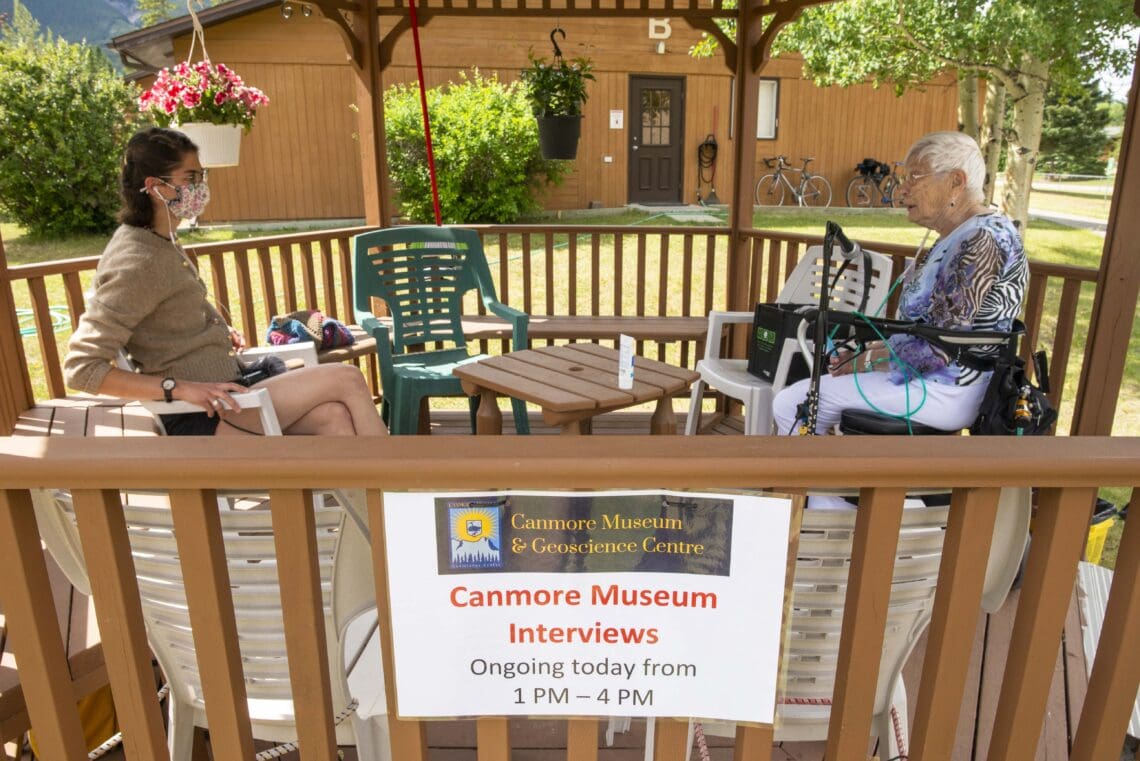
When visiting a museum, one might expect to see something that our grandparents (or great-great-great grandparents) might have lived with. Most of us associate museums with stories from the past. Most of us can also agree, however, that right now we are living in an historic moment. The COVID-19 pandemic may be the defining event of the 21st century. In a strange way, museums have benefited from this; rarely do we recognize that history is being made in our own lives. The world over, from London to New York, museums have jumped into action to do something called “rapid-response collecting.”
In the past, museums have often waited for people who have experienced historic events to share their stories when, and if, they feel like it. This means that museums often end up with a partial picture of an event or story and have to put the pieces together decades or centuries after the fact. Rapid-response collecting, which has become common practice for museums in recent years, means that we reach out to people to share their stories at the time. The Canmore Museum has undertaken just such a project surrounding our community’s experience with COVID-19. The Museum has a very limited collection of material surrounding the last global pandemic that affected Canmore (the Spanish ‘flu epidemic of 1918) and we were determined not to let that happen again.
By connecting with local organizations such as artsPlace and the Bow Valley Immigration Partnership, we have reached out to a variety of communities of interest in the Bow Valley to record their COVID-19 stories to share with future audiences. We especially aimed to connect with groups who might be disproportionately affected, such as senior citizens living in long-term care and new Canadians who lack the support systems that many native Canadians take for granted. We conducted interviews (over Zoom), took photographs, and put out a general call for stories, images, objects, and anything else that Bow Valley residents wanted to share.
One project of which we are particularly proud is the creation of the Kaquitts Family collection. Although Alice Kaquitts’s family is usually on the powwow trail during the summer months, in the summer of 2020 that wasn’t possible. As a result, her family, along with that of her son Thomas Snow, was able to come together for a summer hunting camp for the first time in over a decade. The Canmore Museum partnered with Thomas and Alice to photograph the hunting camp and capture this extraordinary time. These images and interviews form the basis of the Kaquitts Family Fonds here at the museum; a collection we hope to be able to add to for many years to come.
To view our COVID-19 collection, as well as the Kaquitts Family collection, please check out the “search our collections” tab on our website, or follow the links above.
